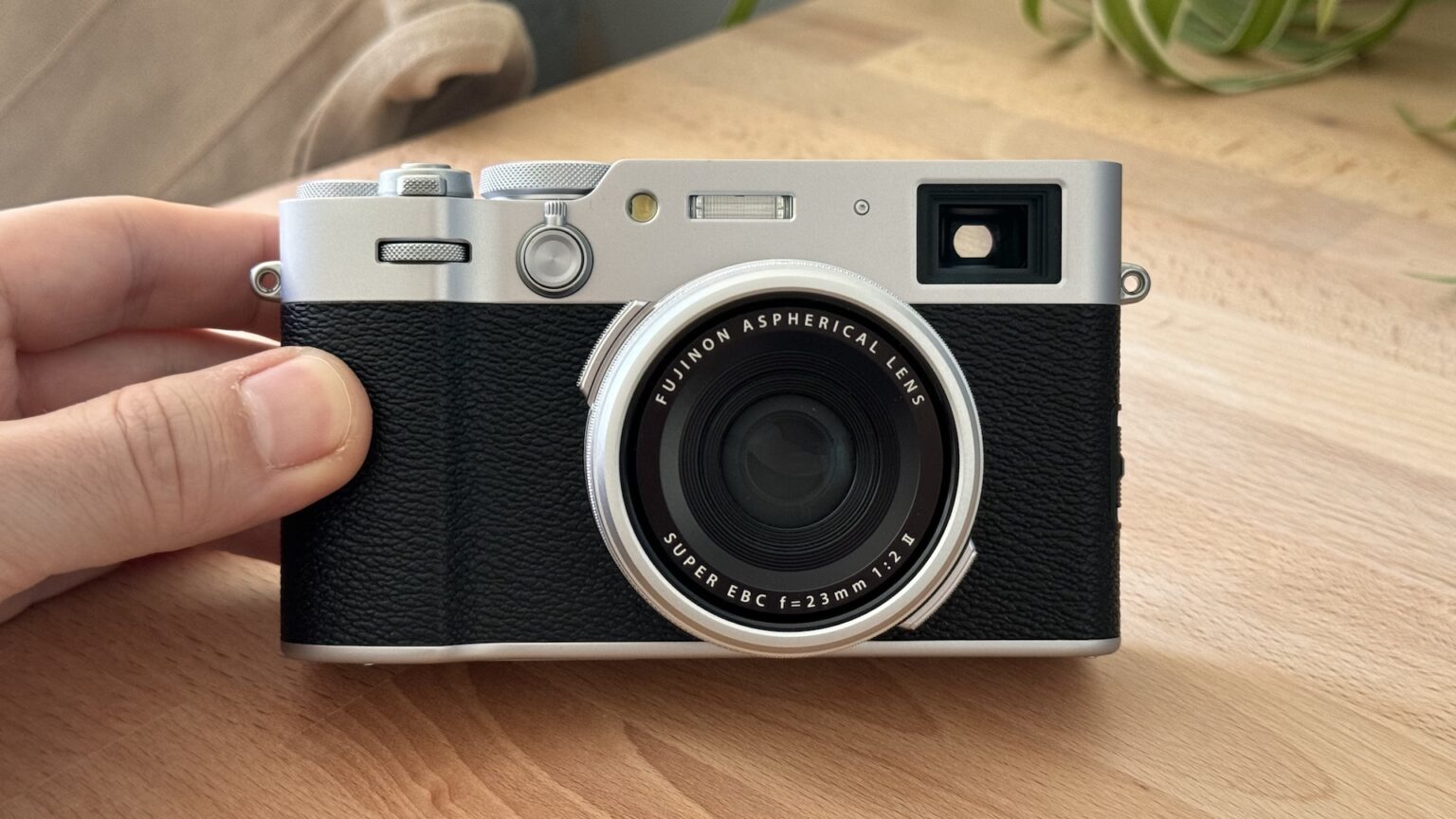Introduction
The FUJIFILM X100VI, announced in February, quickly garnered attention and sparked a wave of preorders. Initially, we hadn’t planned to review this camera, but the overwhelming interest from our audience prompted us to dive in. Join us as we explore the video capabilities and overall performance of the FUJIFILM X100VI.
First Impressions and Design
When you first hold the FUJIFILM X100VI, it’s clear that this camera is designed to provoke emotions. Its classic design, compact size, and lightweight build (512g) make it a pleasure to handle. With a fixed lens, it offers simplicity and ease of use, catering to those who appreciate the feel of a traditional camera but with modern capabilities.
Video Capabilities
Heat Management
During our tests, we found that the camera does not overheat quickly, especially when the “temperature” setting is set to “high.”
Image Quality
The X100VI features a 40.2MP APS-C sensor, producing high-quality images and video. It records in 6.2K (6240×3510) resolution, which can be downscaled to 4K for enhanced sharpness and reframing options. The 200Mbps data rate is sufficient for capturing detailed and vibrant footage.
Film Simulations
One of the standout features is the inclusion of 20 film simulations, including the new REALA ACE. These simulations allow for creative flexibility and give your videos a unique, film look.
Audio Limitations
For audio recording, the camera has some limitations. It requires a USB-C to 3.5mm jack cable for monitoring and a 3.5mm to 2.5mm adapter for microphone input, which can be inconvenient.
Learning Composition
The fixed 23mm lens encourages photographers to “learn with their feet,” enhancing their composition skills by making them move to get the perfect shot. This constraint fosters creativity and improves overall photographic technique.
Anamorphic Adapter
To push the camera’s capabilities further, we experimented with an anamorphic adapter. Although attaching the adapter required a custom ring, it provided a unique look with a 2:35.1 aspect ratio. However, using a 1/4 black Pro-Mist filter proved too strong, and a 1/8 filter would have been more appropriate.
Mobility and Ease of Use
The X100VI excels in mobility and ease of use. Its compact design and built-in ND filter (with only “on” and “off” positions) make it an excellent choice for on-the-go shooting. The hybrid electronic/optical viewfinder is another notable feature, enhancing the user experience.
Areas for Improvement
Hardware
While the camera is impressive, there are a few areas where improvements could be made:
- A larger handgrip
- A higher-capacity battery
- A fully articulated LCD screen
Software
Several software enhancements could significantly improve the user experience:
- The ability to switch between the EVF and LCD screen after pressing the record button.
- Improved autofocus and IBIS performance (this is the first X100 series camera with IBIS).
Design Flaws
Attaching a tripod plate obstructs access to the SD card and battery compartment. Additionally, the camera crops the video by 1.23x in HQ mode, turning the 23mm lens into an almost 30mm lens, which might be less appealing for those who prefer wider angles.
Conclusion
The FUJIFILM X100VI is not intended to be a top-of-the-line mirrorless camera for video, but it offers a compelling combination of mobility, ease of use, and creative film simulations. Despite some limitations, its high-quality video output, stylish design, and practicality make it a valuable tool for both casual and professional photographers. If you’re looking for a versatile camera that excels in both video and composition learning, the FUJIFILM X100VI is worth considering.
